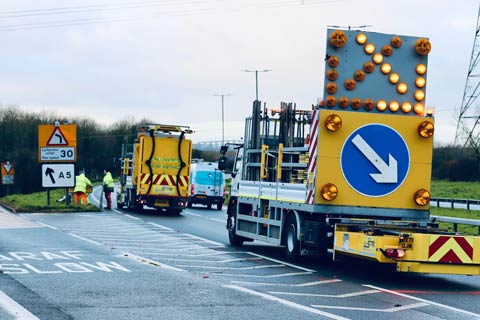11th January 2016 | Hudson Contract
One of the biggest challenges faced by the construction industry has to be that of false self-employment. It is not only detrimental to the industry but also to those working in it and is now seen by the Government as a problem that needs to be addressed.
It has moved from being primarily within the construction industry into a problem that is seen in other sectors such as driving, catering and even security.
False Self-Employment
False self-employment is a term used to describe a company who are disguising employment of their workers as self-employment.
This is usually to evade paying Income tax and National Insurance contributions. Whilst it is seen as an immoral way to run a business it is not deemed as being illegal.
Often it is facilitated with the use of employment intermediaries to encourage the workers to fall within a self-employed basis rather than directly as an employee.
It can be as simple as labelling an employee as self-employed but it can also mean that the intermediary will instead set up a contract with the worker meaning that they could send someone else to complete their work (thus acting as contractor) however this is not an option and will not happen during their employment.
What does it mean for the individuals that are wrongly classified?
Aside from the confusion the process can cause, it can have an effect on their rights and entitlements too. Often, these intermediary companies will ask the worker to pay a fee to them on a weekly basis; this can be as much as £25 per week and is taken out of their earnings.
Not only this, but by being seen as self-employed the worker has reduced rights and entitlements compared to those that an employed member of staff would receive.
This includes holiday pay, sick pay, redundancy and even contributions to pensions.
What are the government doing to combat it?
Aware of the issue and the possible impact that it can have, the Government have put in place a number of measures to combat the issue.
In April 2014 the Onshore Employment Intermediaries Legislation act was put in place, this important documentation meant that those companies who claimed to use self-employed workers would need to prove this with more stringent tests and checks.
The HMRC have the power to recover any unpaid tax contributions from companies that are not able to prove sufficiently (with evidence) that they were acting within the regulations and were not making false self-employment claims.
For those businesses that were working within the rules, it became even more important to keep correct records and have proof of the self-employment status of those that completed work for them.
By putting in place stringent checks for these companies it is the hope that false self-employment claims will reduce and those that should be classified as employees receive the benefits that they are entitled to. Likewise those that are genuinely self-employed are recognised as such for the contribution they make to the construction industry and the UK economy.



